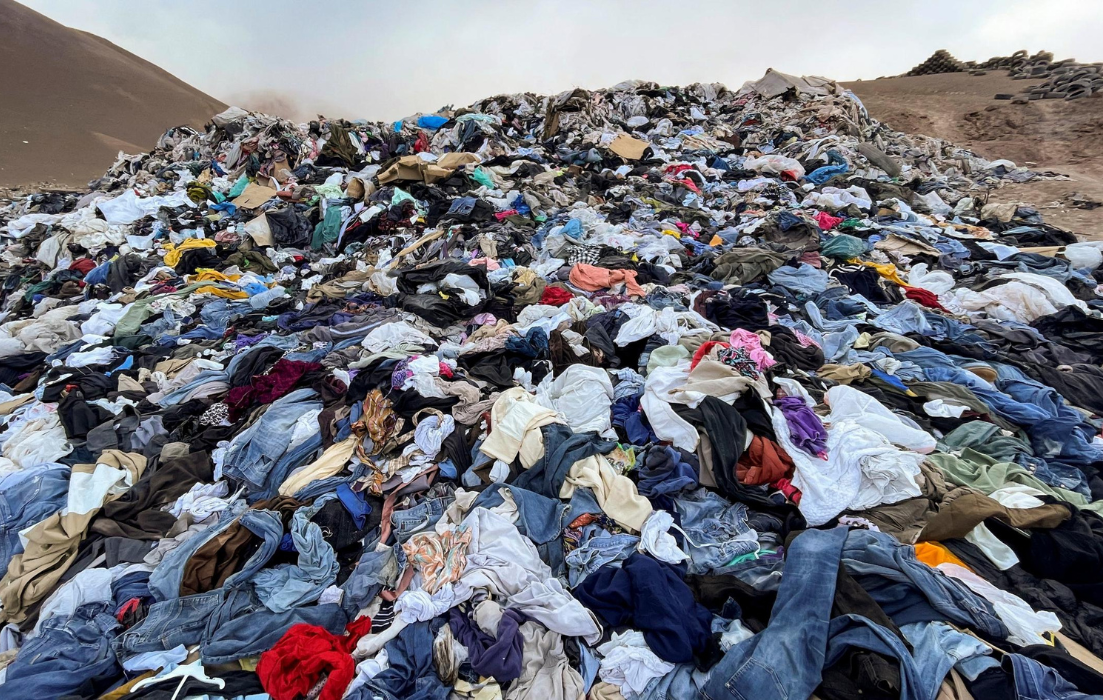EPR Textile



The fashion industry is under increasing scrutiny. In France, the textile Extended Producer Responsibility (EPR) scheme, managed by Refashion, has decided to go on the offensive against ultra-fast fashion. With mounting environmental concerns and new obligations for producers, this marks a turning point for brands, retailers, and online sellers operating in the sector.
The ultra-fast fashion model—cheap products, renewed collections every few days, and massive volumes—clashes with the principles of the French AGEC law and EPR regulations. These laws require producers to fund the collection, sorting, and recycling of textiles, home linens, and footwear placed on the French market.
Yet, the surge of low-cost imports makes compliance increasingly complex:
Faced with this challenge, Refashion has launched communication campaigns targeting consumers and policymakers, highlighting the true cost of ultra-fast fashion.
For brands and online retailers, the message is clear: compliance is no longer optional. Authorities and eco-organizations are intensifying checks to ensure every textile item is properly declared and eco-fees are paid. Non-compliance can result in fines, blocked sales, or even reputational risks.
Key obligations include:
In a context where consumers and regulators are demanding more sustainable practices, compliance is not just about avoiding penalties. It’s also about:
Managing textile EPR data across hundreds or thousands of SKUs can quickly become overwhelming. That’s where AlgoREP helps. Our platform allows you to:
By automating the process, you reduce the risk of errors, save time, and turn EPR obligations into a lever for sustainability and business trust.

